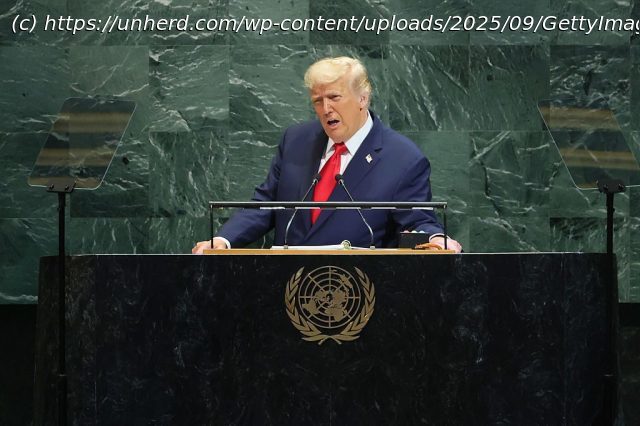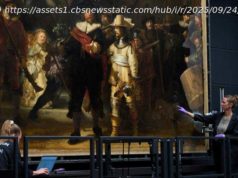Array
For more than 30 years, Washington pursued a strategy built on globalist illusions: that America could serve as the policeman of the world, that it could enlarge Nato endlessly, extend security guarantees without limit, and launch interventions to remake societies in its image. These projects — sold under the pretext of the “rules-based international order” — have drained their strength while hollowing out the republic.
Now, though, the unipolar moment that began in 1989 is over. Yet what we see today is not fragmentation or chaos — but a return to normalcy. The international system is reverting to its natural condition: a post-hegemonic, multi-nodal, and regionalised world where sovereign, civilisational powers coexist and balance one another within their historical spheres of interest. Elsewhere, I have called this process the Great Transition, one which emphasises the re-emergence of geopolitical plurality and cultural multiplicity after a brief, artificial experiment in universalism.
If there is any coherence to a Trump doctrine, it is in recognising this reality. And in this context, the Pentagon’s new “National Defense Strategy” (NDS) offers a much-welcome shift. Accepting the return of history and geopolitics, the proposed draft affirms the need to adapt to the changing international environment. It prioritises defending the homeland and the contested boundaries of “American Sphere” from extra-regional interference — over the global military containment of China or Russia. Yet many in Washington, and even some Trump appointees, will abhor this shift.
From the moment he came down that golden escalator, Trump declared war on the foreign policy blob — the bipartisan consensus that treated America as a sucker, paying for others’ security, underwriting institutions that constrained us, and intervening in conflicts that made us less secure. Whatever one thinks of his style or execution, his insistence on “America First” was a necessary corrective, a reminder that the first duty of American statecraft is to its own people.
Still, these welcome bouts of realism are not only bound to be interrupted by the expected fervors of moralism and tired shibboleths about US global leadership, but also by a deeper, more entrenched force: globalism. This globalism is less about free trade or international cooperation and more reflects a broad cognitive bias. It is not a coherent ideology but an ideational reflex so deeply institutionalised that it pervades our foreign policy establishment, our universities, and even some among the MAGA counter-establishment. It is not a cabal to be purged but a mentality that saturates the very air of Washington.
This mindset itself manifests in two forms. The first is the liberal universalism of the Clintons, Bushes, and Obamas, who sought to expand alliances, international institutions, human rights organisations, and liberal democracy: all at gunpoint and in pursuit of a cosmopolitan dream of global homogeneity. In the post-Trump era, however, its more enduring variant is the militarised globalism of figures like John Bolton. This latter group insists on permanent unipolarity and American unilateralism, achieved via the primacy of the US military.






